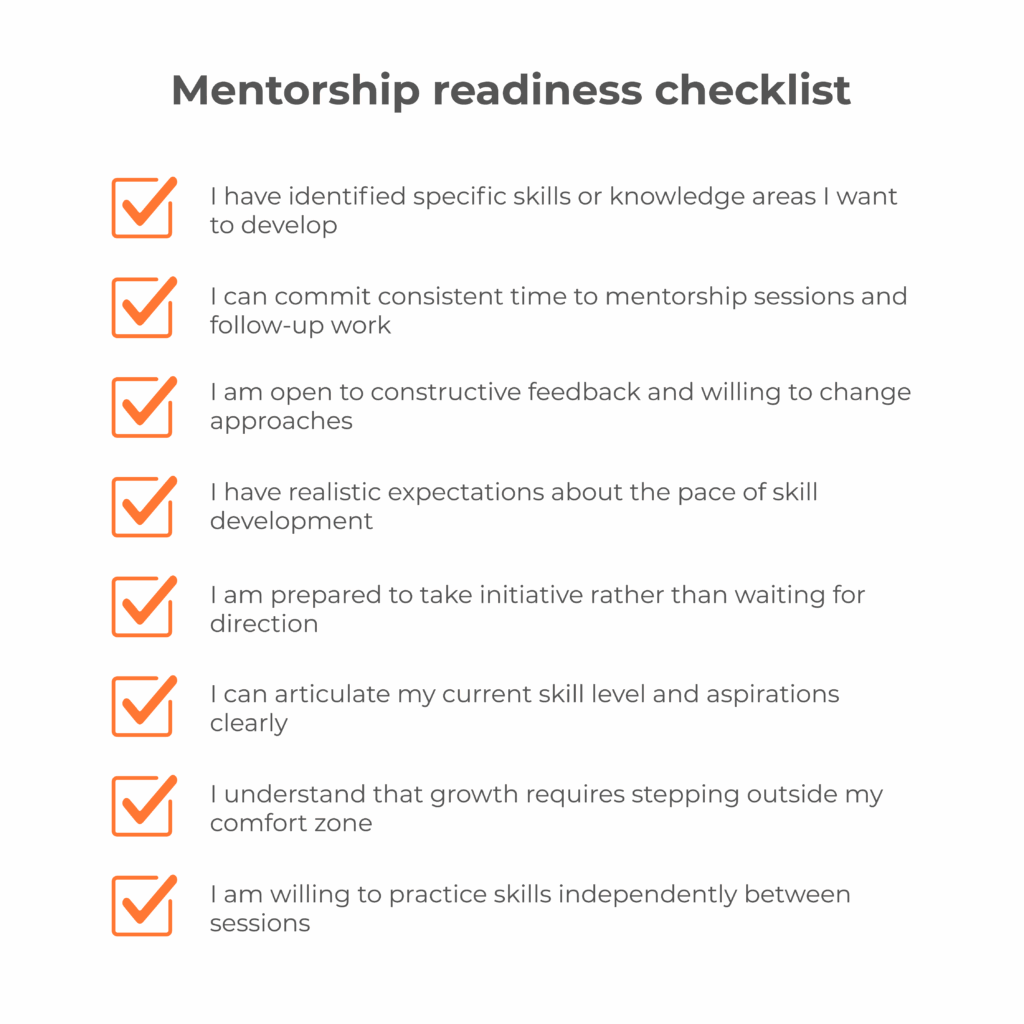Remember your first days as a developer? The mixture of excitement and anxiety, the overwhelming amount of information to absorb, the uncertainty about which path to take? You’re not alone.
Most of us start our software development careers feeling both eager and lost, armed with theoretical knowledge but unsure how to apply it effectively in the real world.
This is where mentorship makes all the difference. A good mentor doesn’t just teach you to code better. They help you recognize patterns, anticipate problems before they arise, and build confidence in your judgment.
As we’ll explore in this article, mentorship bridges this gap by providing context that tutorials can’t, feedback that algorithms can’t, and perspective that comes only from experience.
We’ll examine practical approaches to finding and working with mentors, strategies for making the most of these relationships, and ways to develop both technical excellence and professional judgment that will serve you throughout your career.
Knowledge gaps in early career development
Software development careers progress through distinct stages, from junior to mid-level to senior roles. Each transition requires mastering specific technical and soft skills. Without proper guidance, developers often struggle to identify which skills to prioritize and how to develop them systematically.
Many junior developers face questions like:
What skills separate mid-level from senior developers?
Which skills should I focus on next in my development path?
How can I accelerate my progression to higher levels?
Starting with a mentor early prevents knowledge gaps that become increasingly difficult to fill later. A structured mentorship approach provides clarity about growth paths and skill development priorities.
The AI challenge for modern developers
AI tools have fundamentally changed how developers work. While these tools increase productivity by generating functional code, they present unique challenges for skill development:
Junior developers may rely too heavily on AI-generated solutions
Understanding of fundamental concepts can remain shallow
Critical thinking skills may develop more slowly
Troubleshooting abilities can be limited by dependence on AI
Finding the right balance with AI tools is essential. Neither avoiding AI completely nor overusing it leads to optimal development. Effective mentorship helps establish healthy patterns for using AI as a complementary tool while still developing deep technical understanding.
Practical mentorship approaches
Mentorship is not a one-size-fits-all solution, but rather a customizable relationship that should be tailored to individual needs and learning styles. Effective mentorship creates a structured yet flexible framework for growth, combining technical skill development with professional guidance.
Structuring effective mentorship relationships
Successful mentorship requires intentional structure and clear expectations. Consider these practical approaches:
Regular meetings: Schedule consistent weekly or bi-weekly sessions
Goal-setting framework: Establish 30-60-90 day development goals
Learning journals: Document challenges, solutions, and insights between sessions
Code review cycles: Review real-world code with feedback and improvement discussions
Pair programming sessions: Solve problems together to demonstrate thinking processes
Project-based learning: Work on progressively challenging projects that build specific skills
The mentor should balance pushing the mentee beyond comfort zones while providing adequate support. This balance changes as the mentee develops greater competence and confidence.
Developing technical depth
Technical growth requires both breadth and depth. Effective mentorship approaches include:
Connecting theoretical concepts to practical applications
Exploring how the same principles apply across different languages and frameworks
Teaching test-driven development through paired exercises
Demonstrating SOLID principles through code review and refactoring
Building multilingual capabilities through comparative programming exercises
Understanding object-oriented concepts, polymorphism, encapsulation, and other core principles provides the foundation for adapting to any language or framework.
Building essential soft skills
Technical skills represent only part of a developer’s toolkit. Successful careers require:
Communication skills: Articulating technical concepts clearly
Collaboration abilities: Working effectively within development teams
Problem-solving approaches: Breaking complex issues into manageable components
Time management: Estimating and delivering work within sprint cycles
Adaptability: Responding constructively to changing requirements
Feedback receptivity: Growing from constructive criticism
Mentorship should address both technical and interpersonal dimensions to develop well-rounded professionals.
Finding the right mentor
Effective mentorship requires compatibility and shared expectations. Consider these approaches when seeking mentors:
Leverage professional networks: Attend meetups, conferences, and user groups
Explore community programs: Many technology communities offer mentorship matching
Use company resources: Internal mentorship programs or senior developers
Join online communities: Platforms like Stack Overflow, GitHub, or specialized Discord servers
Consider paid mentorship: Professional coaching services for structured development
When evaluating potential mentors, look for:
Relevant technical experience in your domain
Communication style compatibility
Availability that matches your needs
Teaching approach that resonates with your learning style
Clear expectations about commitment and outcomes
Mentorship readiness checklist
Mentorship provides guidance but requires your active participation and commitment to be effective. Before entering a mentorship relationship, assess your readiness with this checklist:

Conclusion
The investment in finding and working with the right mentor pays dividends throughout your career. Whether through formal or informal relationships, mentorship bridges the gap between theoretical knowledge and practical mastery, helping you build a sustainable and fulfilling development career.
🎓 Ready to accelerate your development journey? Setronica’s mentorship program pairs you with experienced developers who understand both technical excellence and career navigation.
Chapters
- Knowledge gaps in early career development
- The AI challenge for modern developers
- Practical mentorship approaches
- Finding the right mentor
- Mentorship readiness checklist
- Conclusion



